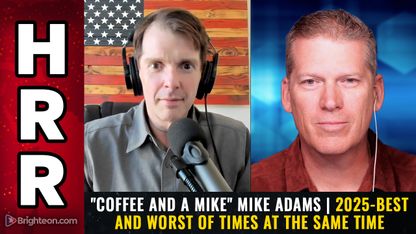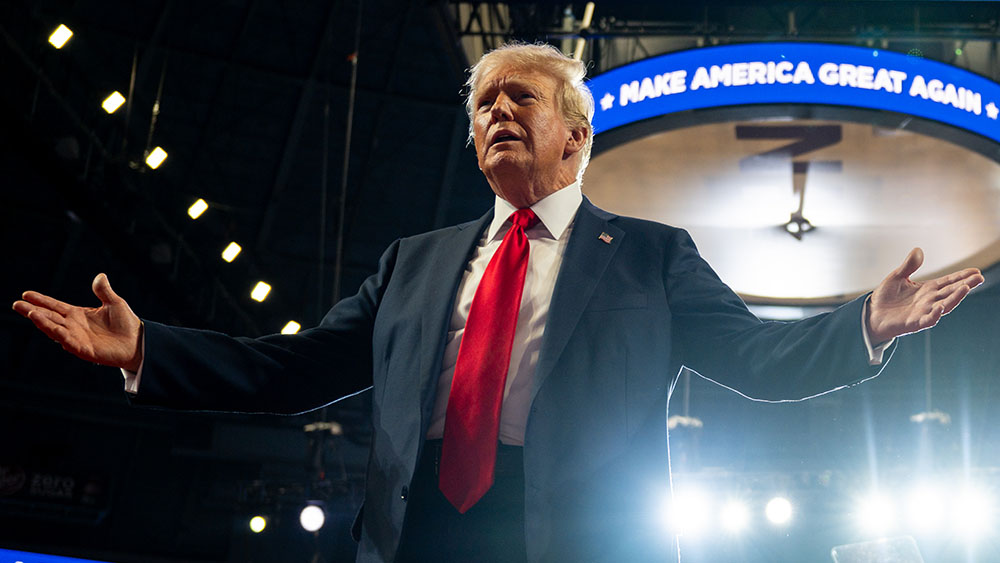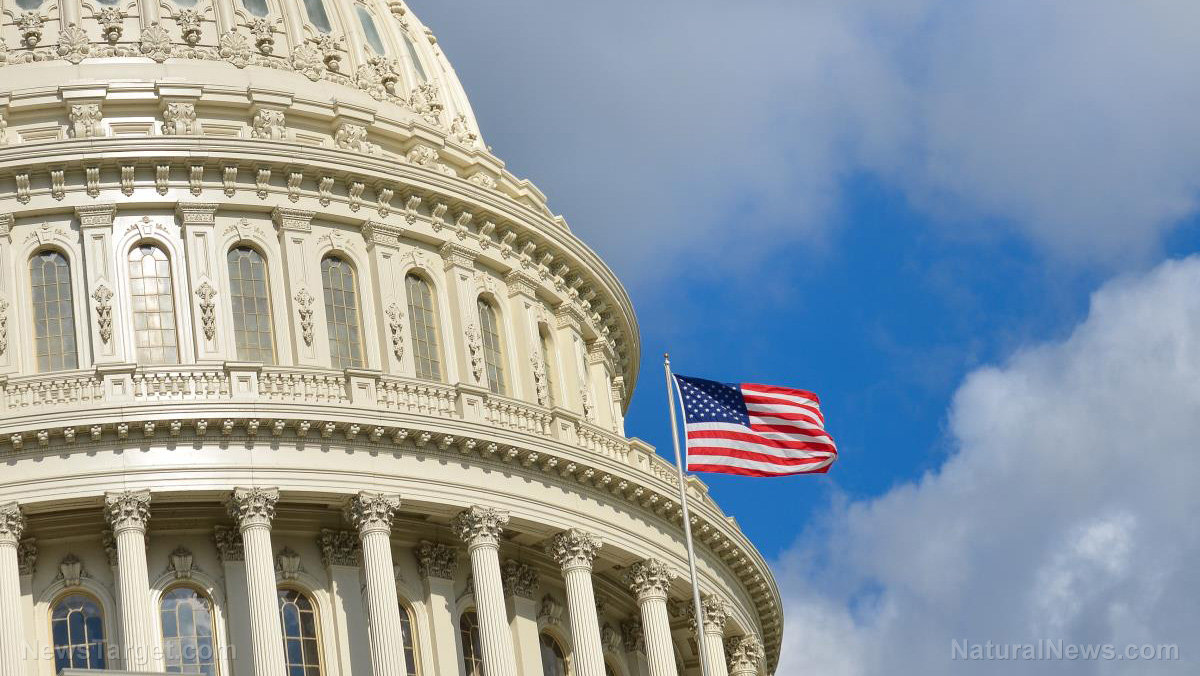
Stock markets dropped around the world as worried investors reacted to the weakening U.S. economy with a global sell-off.
Europe’s main stock indices dropped on Friday, with tech stocks in Europe hitting their lowest level in more than half a year. Germany’s DAX lost 2%, while France’s CAC 40 fell 1% and London’s FTSE dropped 1.5%
The Japanese benchmark Nikkei 225 saw the second biggest drop in its history, falling 5.8% overnight, while the NASDAQ index dropped 3.2% and has now lost upwards of 10% since hitting a record high on July 11. Stock markets in Hong Kong, China, Taiwan and South Korea also experienced drops, while oil prices surged in response to ongoing unease in the Middle East and concerns about a broader conflict disrupting the flow of crude.
A recession could be right around the corner
In the U.S., stocks recorded their worst session since 2022. Fears of a recession are growing with the announcement that unemployment in the U.S. has hit 4.3%, its highest rate since October 2021. Moreover, first-time applications for jobless benefits increased last week to nearly 250,000 filings, the biggest number in a year, while continuing claims climbed to their highest level since November 2021 by hitting 1.877 million. This news led to a 2% drop in the S&P in early trading on Friday, while the Dow Jones Industrial Average saw a drop of 810 points, which amounts to 2.1%.
Economic reports released this week in the U.S. were weaker than expected, with U.S. job growth missing expectations dramatically. The Dow Jones estimated that employers would add 185,000 jobs last month, but Labor Department data shows the real figure was just 114,000 jobs. U.S. Treasury yields also fell, with the 10-year yield dropping below 4%.
LPL Financial Chief Global Strategist Quincy Krosby stated: “With a package of data released today suggesting the economy is cooling at a faster — and perhaps too fast — pace, the drop in the ten-year Treasury yield to below 4% reflects a looming economic growth scare.”
American stock indexes had their best day in several months just a few days ago on the heels of Fed Chair Jerome Powell indicating that inflation slowed enough for them to start cutting rates next month.
However, investors now appear to be worried that the Fed maintained a two-decade high interest rate for too long. “Economic momentum has slowed so much that a rate cut in September will be too little and too late,” said Annex Wealth Management Chief Economist Brian Jacobsen, who added that they’ll need to take a bigger step than just shaving off a quarter of a percentage point if they want to prevent a recession.
Big Tech firms release underwhelming profit reports
A handful of Big Tech firms, including Tesla, Amazon, Alphabet and Intel, have released underwhelming profit reports recently. For example, Intel dropped by nearly 28% when its profits for last quarter came in well below forecasts; they also suspended their dividend payments, announced plans to cut 15% of their workforce, and forecast further losses in the third quarter despite analysts previously expecting better results.
Amazon also saw weaker revenue than expected in the latest quarter and released a profit forecast that was below the expectations of analysts, blaming cautious consumers who are looking for cheaper alternatives. Customer discretionary stocks also fell by more than 4%, with Target and Walmart among those taking a hit.
Sources for this article include:
Please contact us for more information.

















